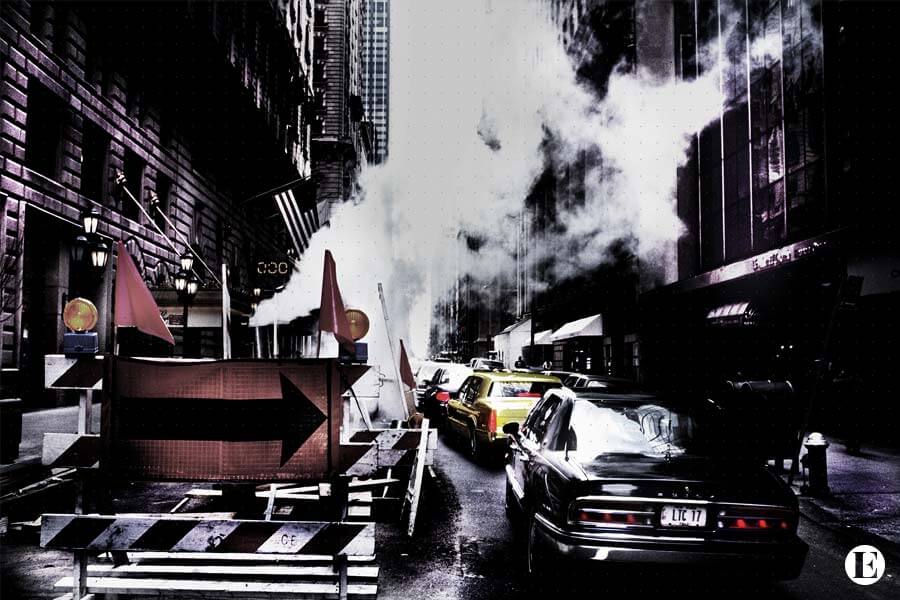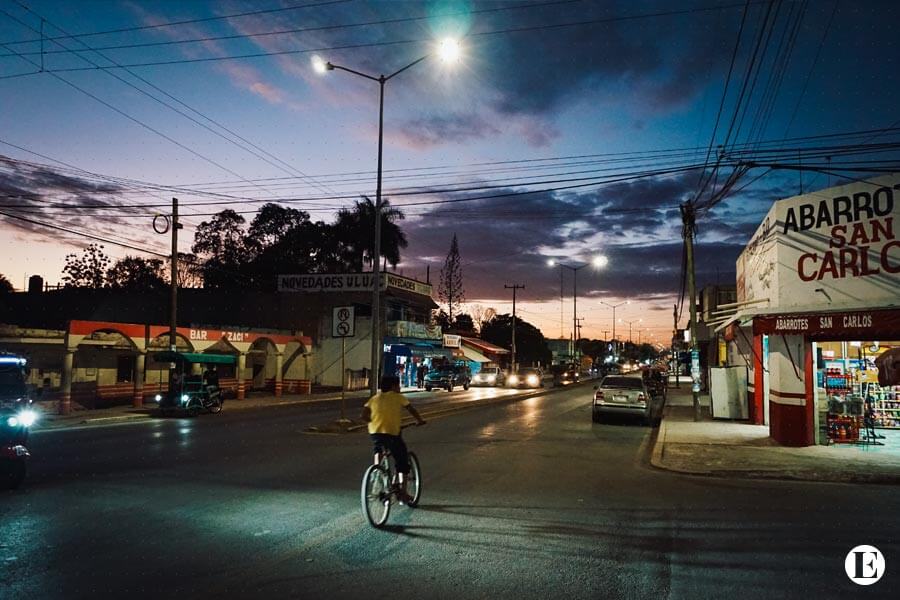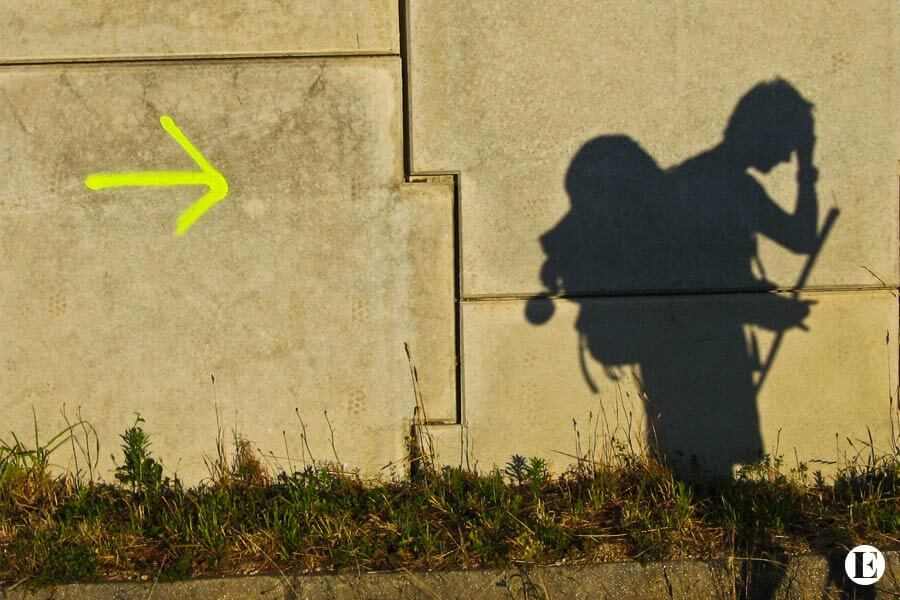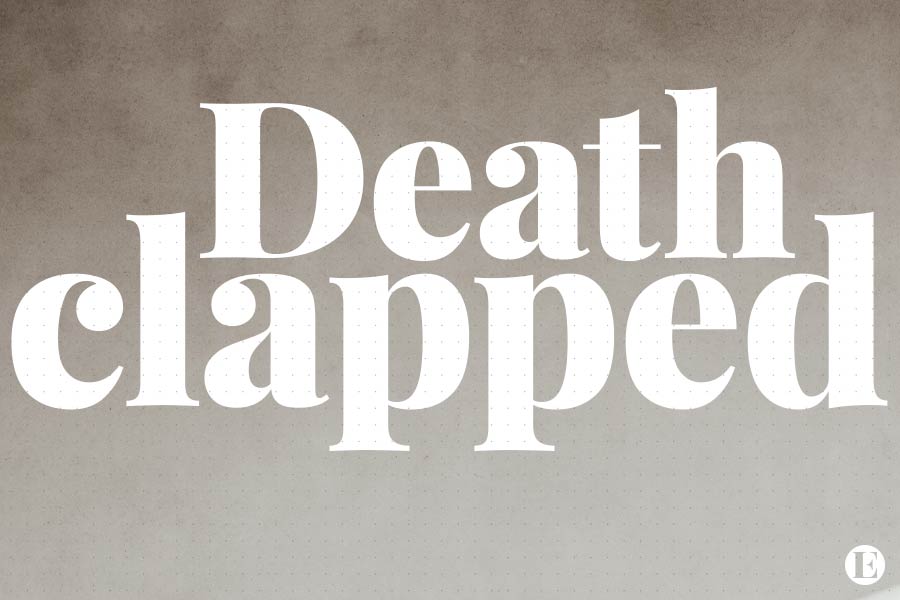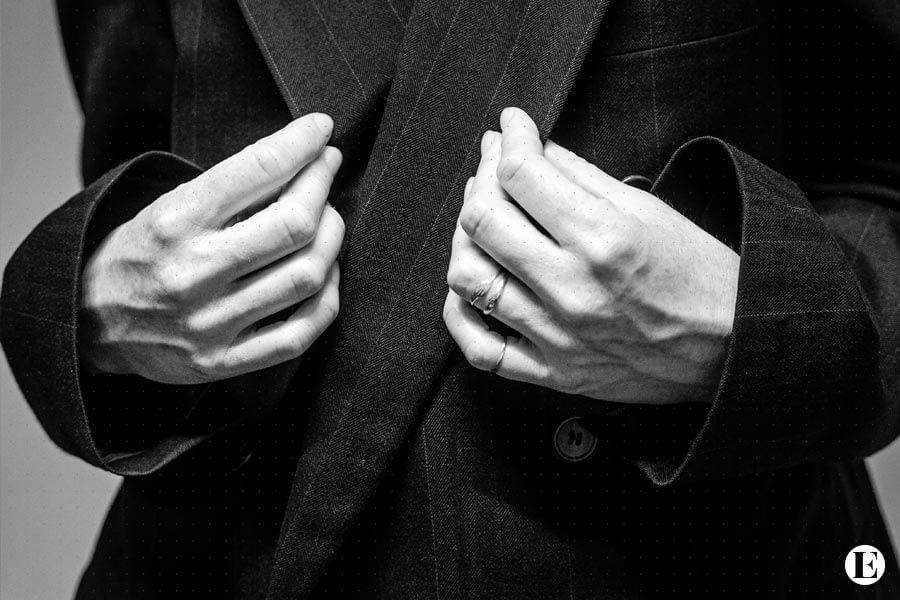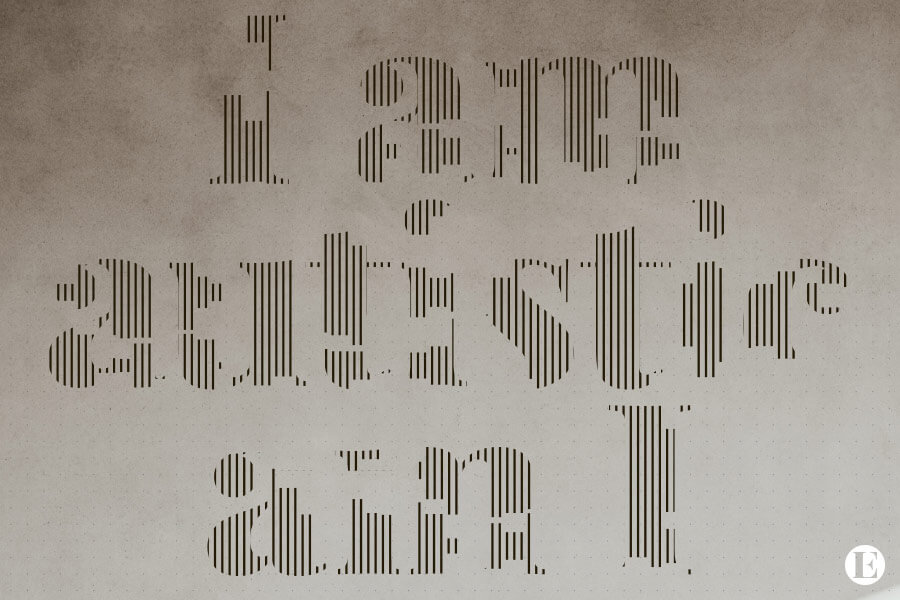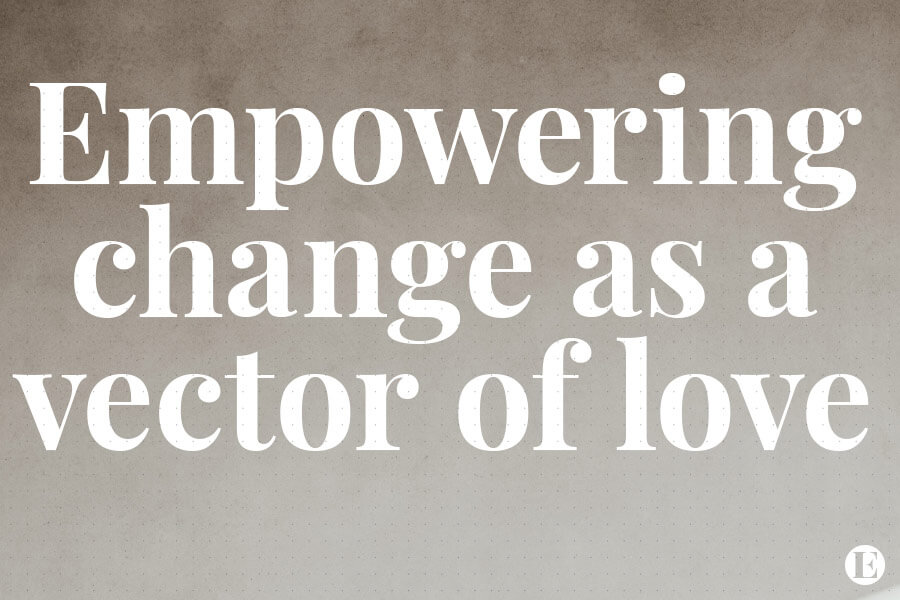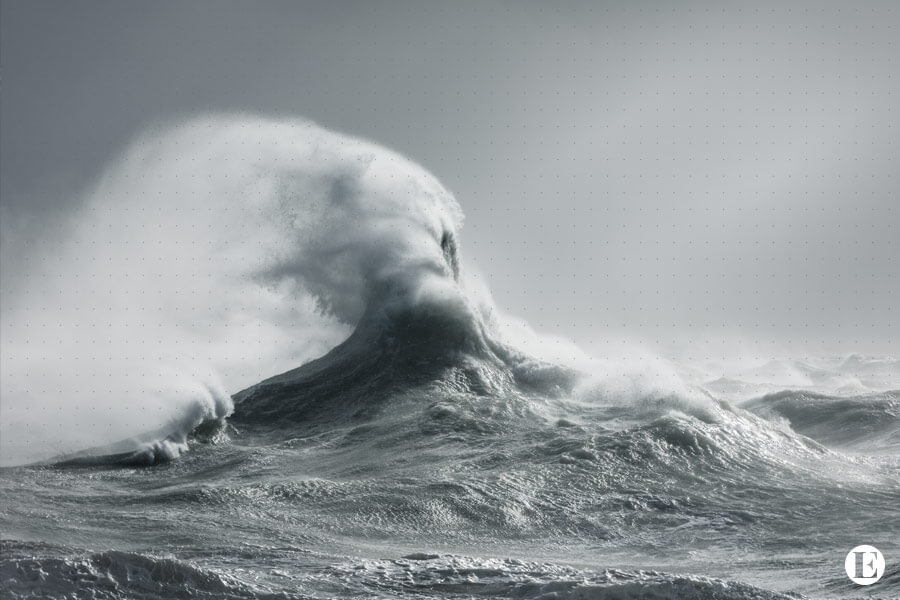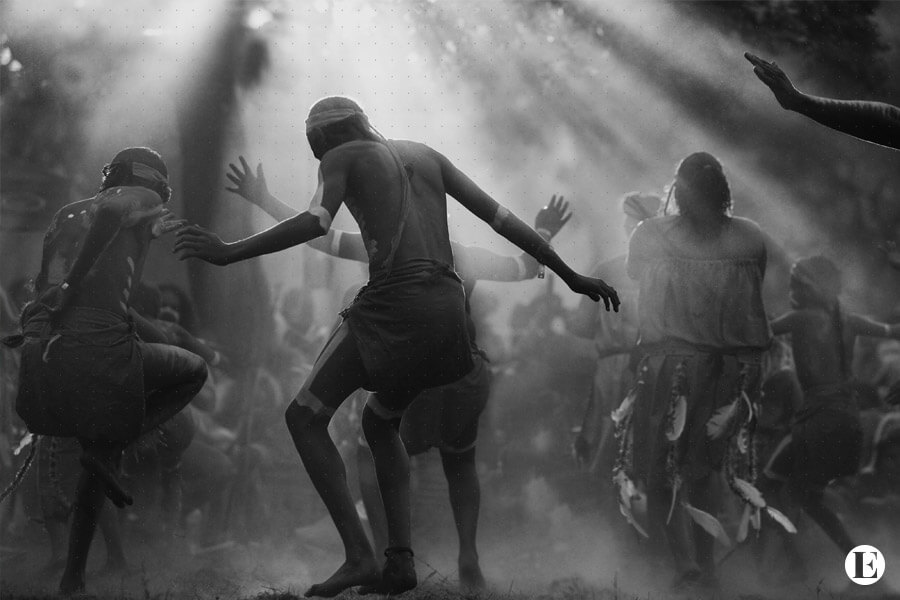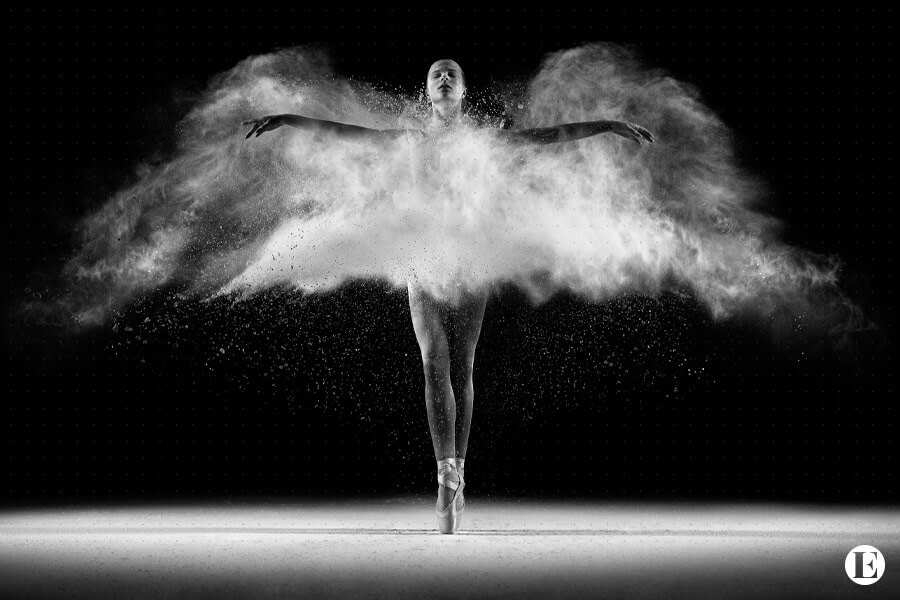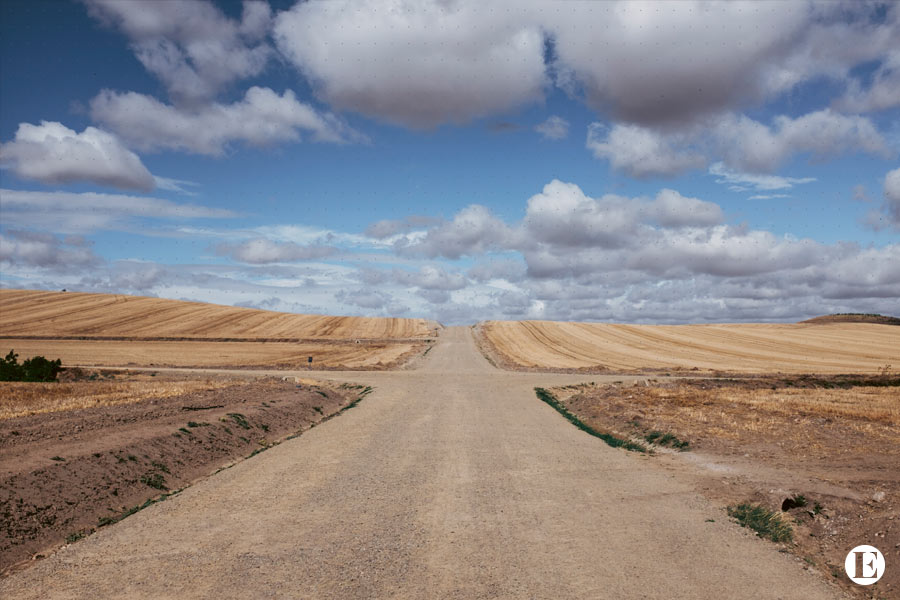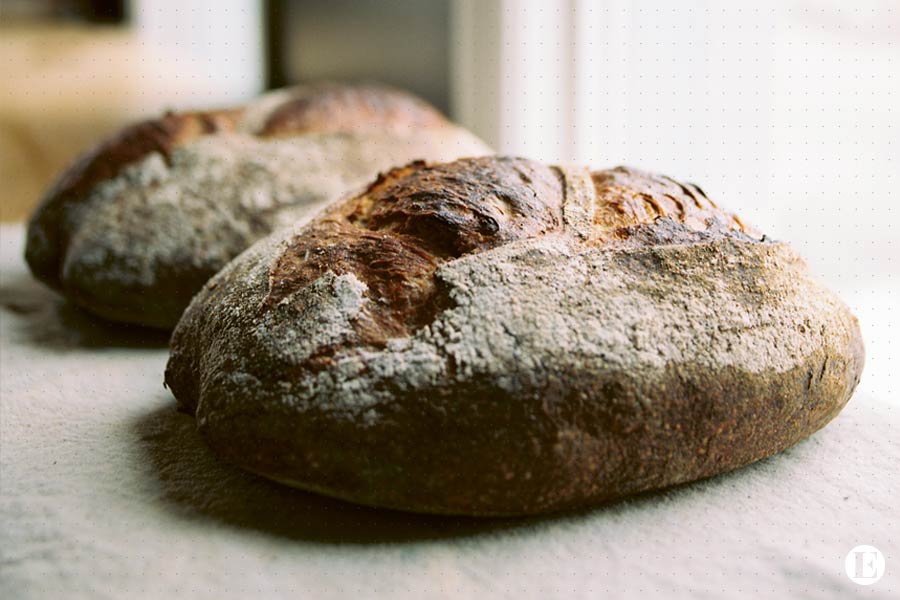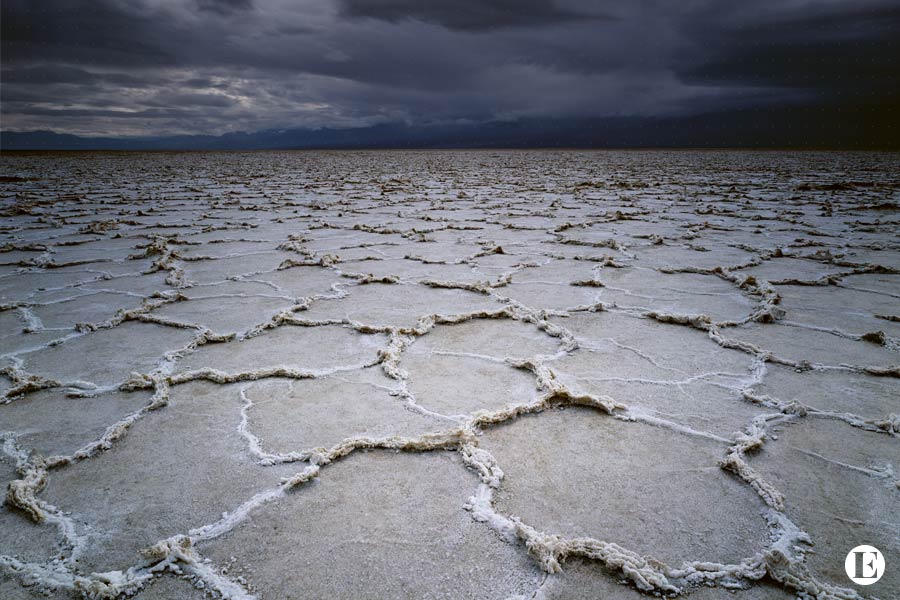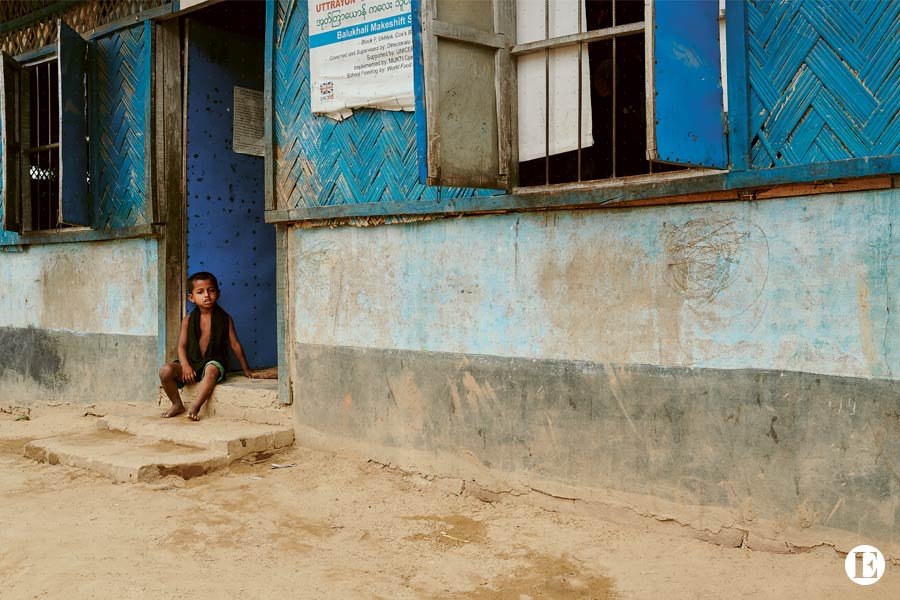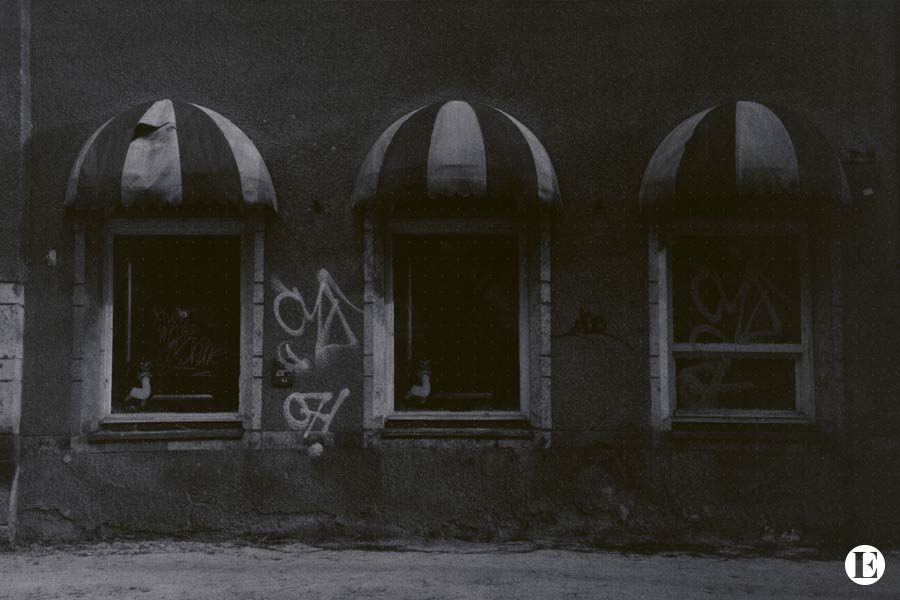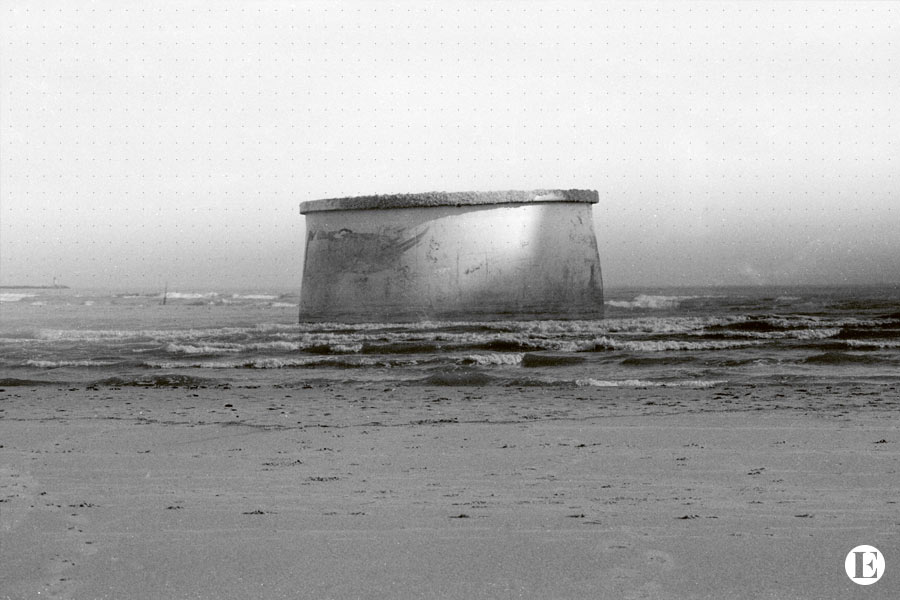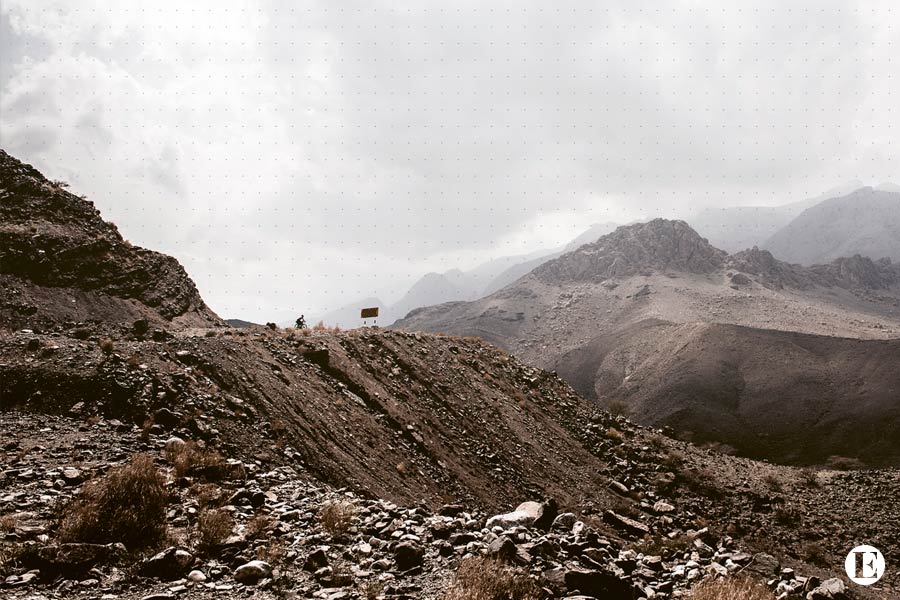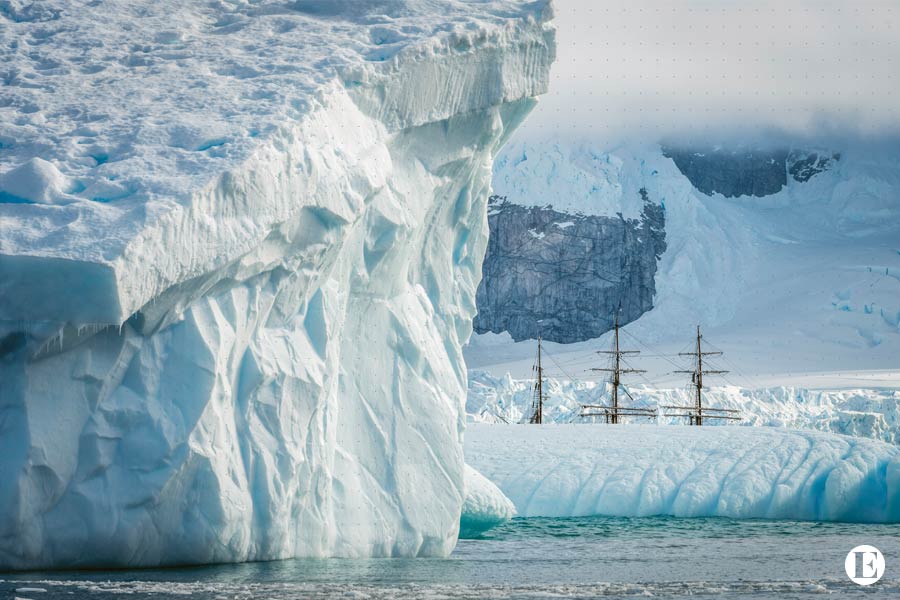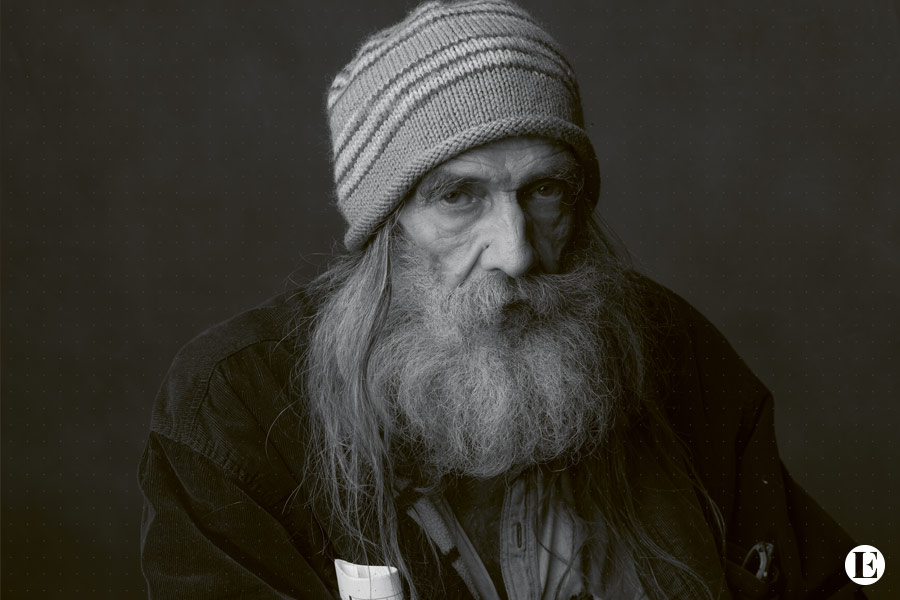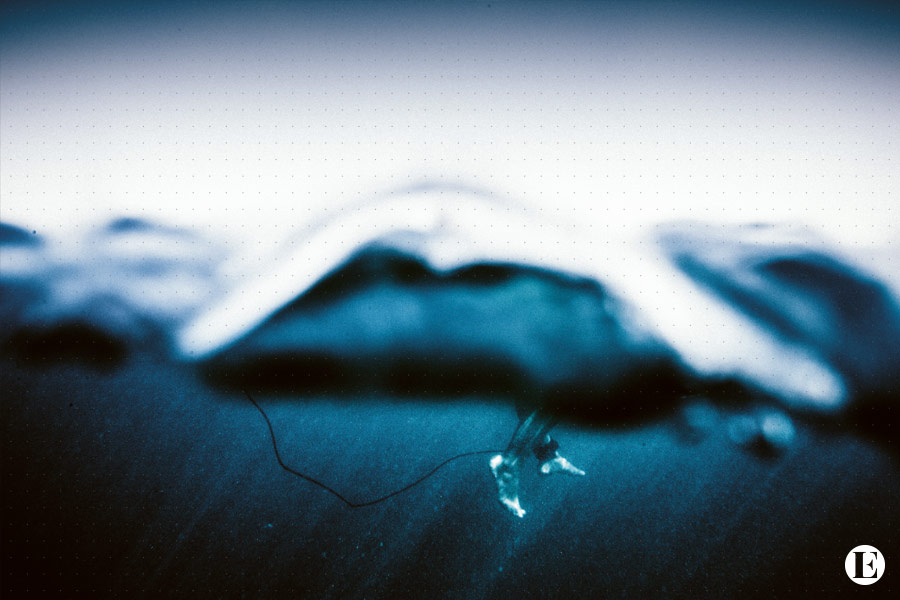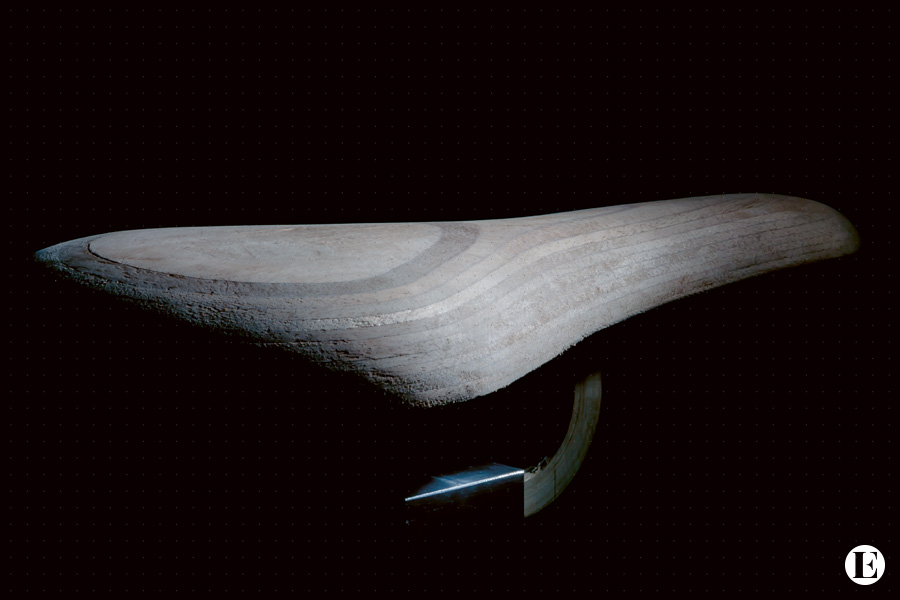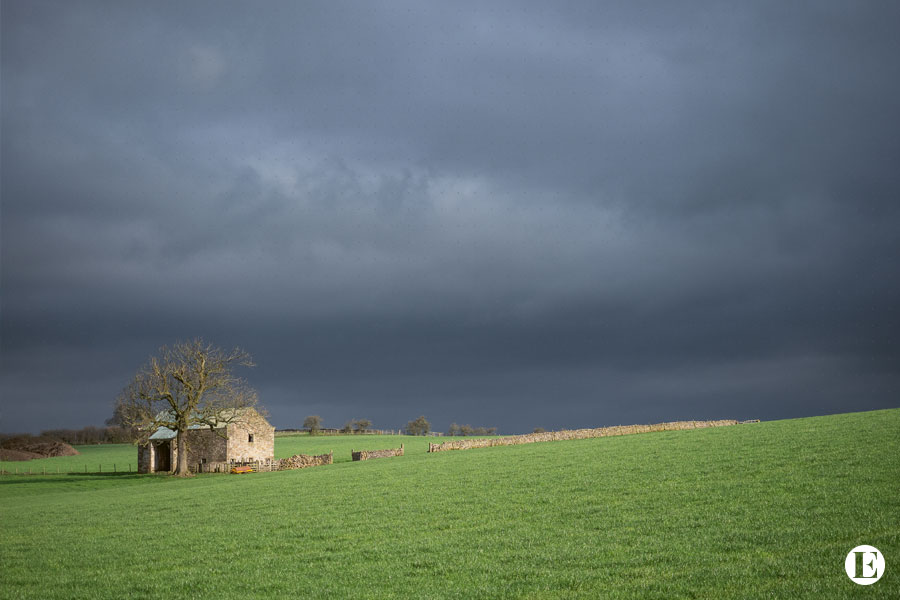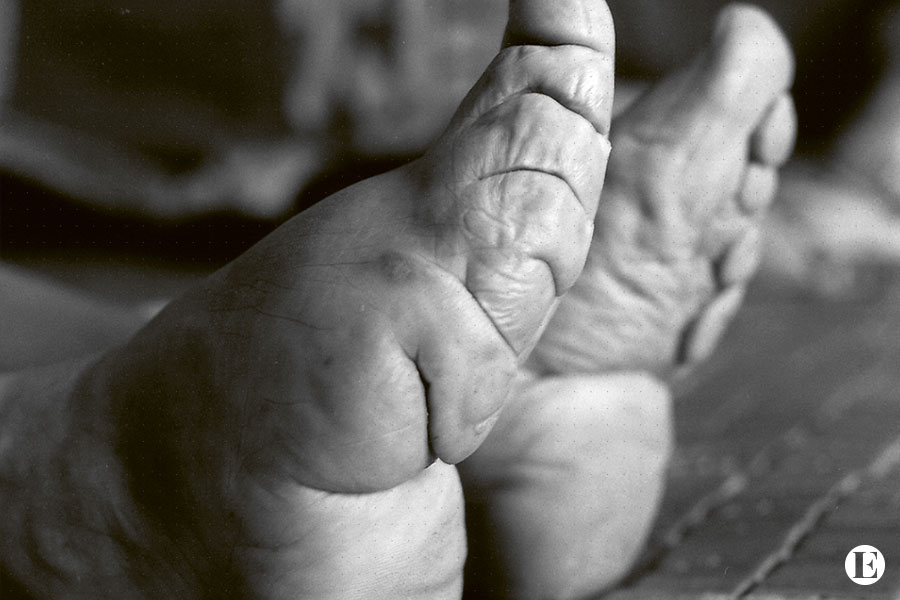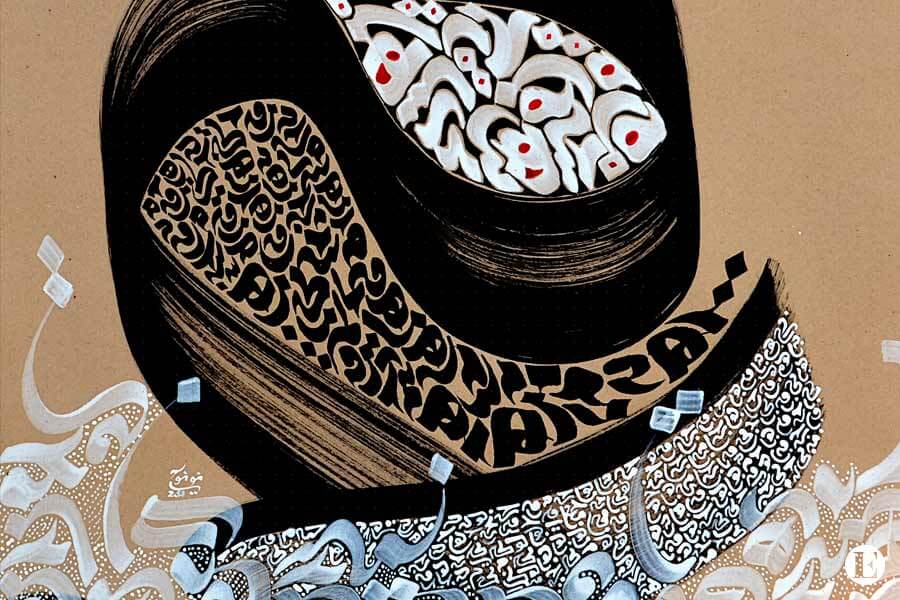Let's Explore Empowerment with Matthieu Dandoy


Breaking the masters’ grip
Slavery is not a thing of the past: it continues to afflict millions of people worldwide. In Mauritania, one campaigner has inspired a movement to break the chains of enslavement – as Matthieu Dandoy explains. In part two Matthieu explains in an unfiltered essay what he has learned from Biram Dah Abeid, the activists his courage inspired and how it has impacted his work and philosophy.
Biography
Matthieu Dandoy is a French freelance photographer. Self-taught, he started his career as a video journalist before going back to still photography as his main focus. It is in 2012, after a trip to Venezuela, that he understands the necessity to use his skills for a bigger purpose. A tribute movie will come out in 2018. That same year, he met for the first time with Biram Dah Abeid and decided to join his cause against slavery. He will become his personal photographer and covered the 2019 Mauritanian presidential campaign. Never satisfied with the superficial, he strives for a deep understanding of every subject he addresses. And this is how this story of empowerment was born.
Marginalia
A byproduct of centuries of racial theories that assign inferiority to people based on the colour of their skin. As Frantz Fanon observed in ‘Black skin, white masks‘: “The Black is not a man […] the Black is a Black man.”
This presentation explores one of Friedrich Nietzsche’s great systematic works, The Genealogy of Morals. It focuses on the first essay: “Good and Evil”, “Good and Bad”. In this section of the work, Nietzsche discusses the origin of the notion of Good and distinguishes between an original, noble, self-asserting valuation of Good vs. Bad, and a reactive, common/slave, denying valuation of Evil vs. Good.
Cultures can be understood as death denial mechanisms. More in this lecture by Sheldon Solomon, psychologist and professor of social psychology on the work of cultural anthropologist Ernest Becker who received a Pulitzer Prize for his book “The denial of death”.
What the rebel rejects for himself, he refuses to impose it on others. Learn more about the book “The Rebel” by Albert Camus. Or watch the “Introduction to Camus: The Absurd, Revolt, and Rebellion”.
We strive to label some things evil. Labelling it allows us to fight it, and the eradication of evil strengthens the conviction of the good of our views. More on Ernest Becker’s “Escape From Evil” – a continuation of the book, “The Denial of Death” in this New York Times article.
Kierkegaard wrote about the dizziness of freedom and called it anxiety. Further reading on “The Concept of Anxiety”.
Once emancipated from the death-denying mechanisms, the rebel discovers a landscape of opportunities, filled with compassion for his peers. He recognises the potential of those who are still struggling. For further exploration, have a look at Heidegger’s concept of “Being-toward-death”, which maps the path to a life of authenticity.
For more on “hiding behind the complacency of only following orders”, political philosopher Hannah Arendt can be an inspiration. Here’s an introduction to her work.


